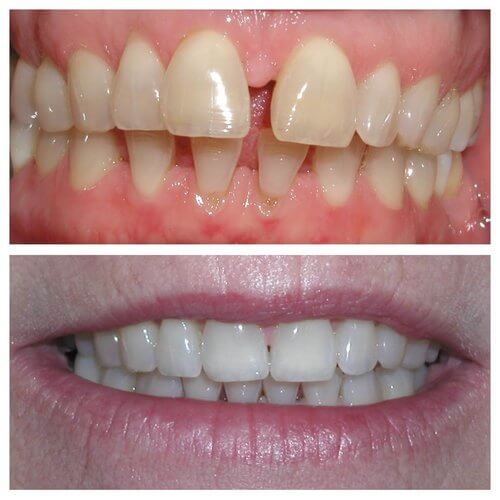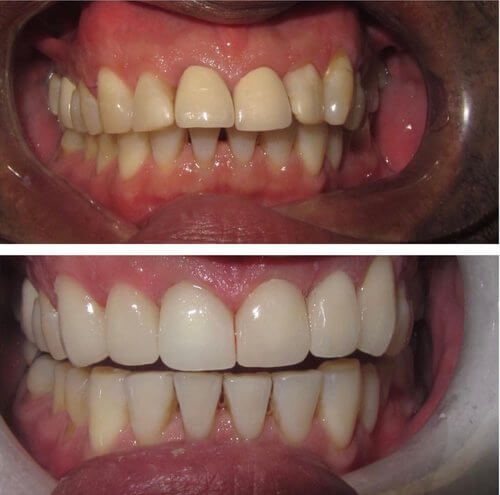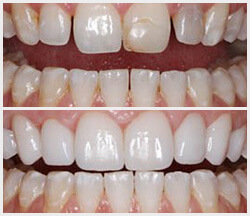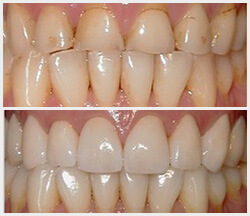What Is TMJ Ankylosis?
TMJ ankylosis occurs when the joint becomes stiff or fused due to growing bone or scar tissue. This condition can lead to pain and discomfort while opening or closing the mouth, affecting a person’s ability to eat, speak, and perform other daily activities.
Causes of TMJ Ankylosis
Ankylosis of the TMJ can occur due to multiple factors, such as:
- Jaw Trauma: A common cause of TMJ Ankylosis, trauma, or injury to the jaw or face can occur due to various factors, such as a car accident, sports injury, or a fall. Any injury that affects the TMJ can cause inflammation and scarring, which can lead to the joint becoming stiff or fused.
- Infection of the TMJ: Infection can lead to inflammation in the joint, which can cause the formation of scar tissue. Over time, the scar tissue can cause the joint to become stiff or fused.
- Genetic Factors: Some people may be predisposed to developing TMJ Ankylosis due to genetics.
- Rheumatoid Arthritis: An autoimmune condition that causes joint inflammation, including the TMJ. Over time, this inflammation can create scar tissue, causing the joint to become stiff or fused.
- Poor Dental Hygiene: Poor dental hygiene can lead to infections in the mouth. Infections can spread to the TMJ and cause inflammation and scarring.
TMJ Ankylosis Symptoms
The symptoms of TMJ ankylosis may vary from person to person. Some of the common symptoms are:
- Pain and discomfort in the jaw joint
- Stiffness or limited movement of the jaw
- Difficulty in opening or closing the mouth
- Clicking or popping sound while opening or closing the mouth
- Headaches
- Earaches
- Facial swelling
Who Can Get TMJ Ankylosis?
While anyone can develop TMJ ankylosis, those with certain risk factors like poor oral hygiene or a recent jaw injury may be more likely to develop the condition. If you have any concerns about your jaw joint health or are experiencing symptoms of ankylosis, speak with our Staten Island dentists for an evaluation and proper diagnosis.
TMJ Ankylosis Treatments
Treatment of TMJ Ankylosis will depend on the severity of the condition. Common treatment options include:
- Medications: Pain relievers, anti-inflammatory drugs, and muscle relaxants may be prescribed to relieve pain and inflammation in the jaw joint.
- Physical Therapy: Exercises and stretches can help improve the range of motion in the jaw joint and reduce stiffness.
- Surgery: In severe cases, surgery may be required to remove the bone or scar tissue growth and restore the movement of the jaw joint.
Frequently Asked Questions
Can TMJ ankylosis be prevented?
It’s difficult to completely prevent TMJ ankylosis, but taking certain steps can help lower the risk of developing it. These steps include:
- Practicing good dental hygiene
- Wearing protective gear during high-risk activities
- Seeking prompt treatment for any jaw or face injuries
- Managing any underlying conditions that may increase the risk of TMJ ankylosis
What are the risk factors for developing TMJ disorder?
Unfortunately, TMJ ankylosis is a permanent condition that cannot go away on its own. Once the temporomandibular joint becomes stiff or fused, it’s no longer able to move freely. Treatment will be necessary for managing symptoms.
How do you test for TMJ ankylosis?
A diagnosis of TMJ ankylosis is typically made based on a patient’s medical history, symptoms, and physical examination of the jaw. Imaging tests such as X-rays, CT scans, and MRIs may also be used to evaluate the extent of the damage and assess the best course of treatment.
Is TMJ ankylosis a form of arthritis?
No, TMJ ankylosis is not a form of arthritis. While rheumatoid arthritis can contribute to the development of TMJ ankylosis, they’re separate conditions. TMJ ankylosis results from the growth of bone or scar tissue and leads to the joint becoming stiff or fused, while arthritis is an inflammatory condition that affects the joints.
Find Relief From TMJ Ankylosis Symptoms
If you’re experiencing symptoms of TMJ ankylosis or have any concerns about your jaw joint health, it’s critical to speak with a doctor. They can thoroughly evaluate your jaw and provide a proper diagnosis and treatment plan.
Don’t wait until symptoms worsen. Early ankylosis intervention can help prevent further damage and improve your quality of life. Contact our Staten Island dental office today to schedule an appointment and take the first step towards better jaw joint health.



Insurance
We accept many insurances. Please contact one of our Insurance Coordinators to discuss your dental coverage plan.
(718) 948 5111
appointments@sidental.com
Open 7 days a week
Reviews
The dentists are absolutely excellent…
“I have been going here for years. The dentists are absolutely excellent and they always have an appointment available that fits into a busy schedule. I also completed invisilgn and my teeth are perfectly straight now. They also practice preventive medicine and just went in for my 6 month cleaning. Every time feel like I have a new set of choppers and best yet the check up noted no cavities!.”
— J.R
Pleasant visit
“As usual, it was a pleasant visit thanks to Dr. Nasso and her great staff..”
— C.M.
Always treated with courtesy and respect.
“Always treated with courtesy and respect. All of my questions were answered regarding upcoming treatments..”
— J.C.
Smile Profile




Put your best face forward.
Create a positive change to your teeth and your smile.
